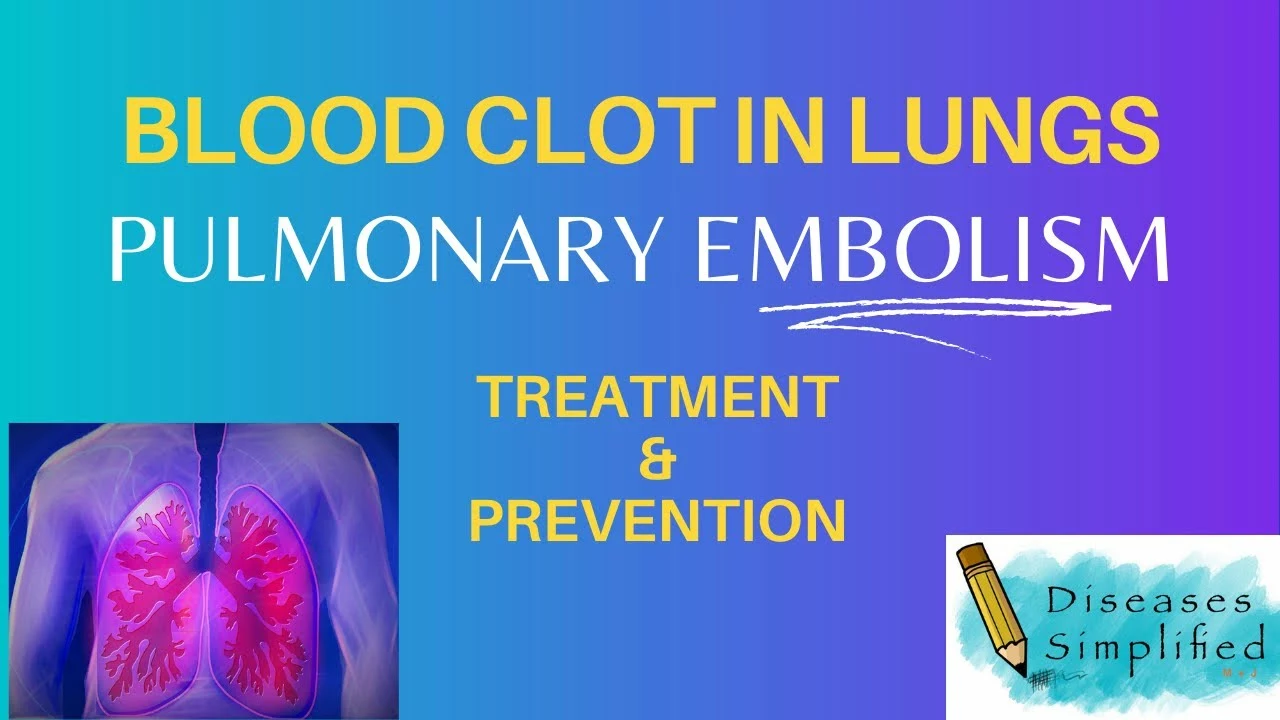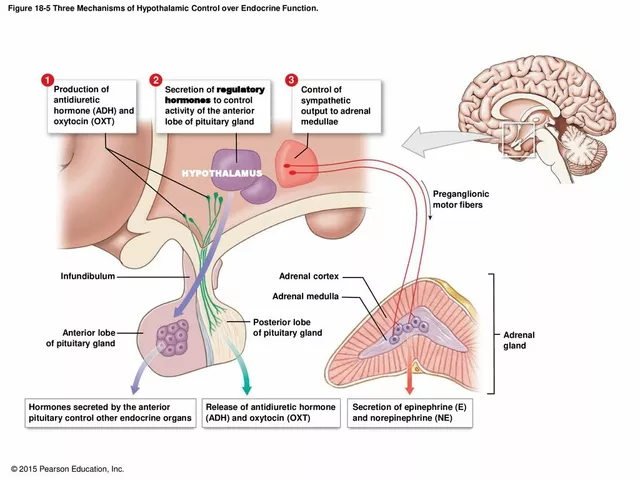Prevention: Practical Steps to Stay Healthy and Safe
Preventing illness often comes down to a few simple choices you can use every day. Small habits—like better handwashing, smarter medication use, and timely vaccines—cut your risk of getting sick and keep problems from becoming serious. This page gives clear, useful tips you can actually use, not vague advice.
Everyday habits that matter
Wash your hands with soap for 20 seconds after using the bathroom, before eating, and after being in crowded places. That one action reduces many infections. Cover coughs and sneezes with your elbow, not your hands. If you’re sick, stay home when possible; it protects others and speeds your recovery.
Sleep and stress matter more than people think. Aim for 7–9 hours a night—poor sleep weakens your immune system. Manage stress with short walks, breathing exercises, or talking to a friend. Move your body: 20–30 minutes of moderate activity most days strengthens immunity and mood.
Eat regular meals with protein, vegetables, whole grains, and a little healthy fat. You don’t need perfect diets—focus on variety and fiber. If you smoke, find support to quit. If you drink alcohol, keep it in recommended limits. Both choices lower long-term disease risk.
Medication, supplements, and when to see a doctor
Follow prescriptions exactly. Stopping antibiotics early or taking someone else’s meds raises risk for resistance and side effects. Ask your provider to explain why a drug is needed, how long to take it, and what side effects to expect. Use one pharmacy when possible so they can track interactions.
Buying medicine online? Pick verified pharmacies, check for a physical address, and never buy prescription-only drugs without a valid prescription. If a price seems too good to be true, it often is. For supplements, choose brands with third-party testing and tell your doctor what you take—some herbal products interact with common drugs.
Know red flags: high fever that won’t respond to basics, severe chest pain, sudden shortness of breath, confusion, trouble speaking, or uncontrolled bleeding. Those need immediate care. For ongoing concerns—like heart, lung, or thyroid issues—book regular check-ups and bring a list of symptoms and medicines to appointments.
Quick prevention checklist you can follow this week: wash hands often, get up-to-date vaccines, sleep better, eat one extra vegetable daily, review your meds with a pharmacist, and pick one stress-reduction habit to try. Take one small step now—prevention adds up fast.

- Jun 2, 2023
- Posted by Cillian Osterfield
Diarrhea and Antibiotics: How to Prevent and Treat Antibiotic-Associated Diarrhea
Antibiotic-associated diarrhea is a common issue that many of us may experience when taking antibiotics. To prevent this, it's essential to maintain a healthy gut by consuming probiotics and staying well-hydrated. If diarrhea occurs, over-the-counter medications and oral rehydration solutions can help alleviate symptoms. Always consult a healthcare professional before taking any medication or supplements, and remember to complete your full course of antibiotics as prescribed. By following these steps, we can better manage and prevent the unwanted side effects of antibiotic treatment.

- May 29, 2023
- Posted by Cillian Osterfield
Trichomoniasis: How to Prevent and Manage This Common STD
As a blogger, I recently researched trichomoniasis, a common yet easily treatable STD. To prevent it, practicing safe sex and using condoms is crucial. Regular testing for sexually active individuals is also important to catch the infection early. If diagnosed, trichomoniasis can be treated with prescription antibiotics. It's essential to educate ourselves and others about this STD to reduce its prevalence and protect our sexual health.

- May 13, 2023
- Posted by Cillian Osterfield
Iron-Deficiency Anemia: Causes, Symptoms, and Prevention
Iron-deficiency anemia is a common health issue caused by a lack of iron in the body, which leads to a decrease in red blood cells. Some of its main symptoms include fatigue, weakness, and pale skin. The primary causes of this condition are poor diet, blood loss, and the body's inability to absorb iron. To prevent iron-deficiency anemia, it's essential to consume iron-rich foods like spinach, red meat, and beans, as well as consider taking iron supplements. Regular check-ups and consulting a healthcare professional can also help in the early detection and treatment of this condition.

- Apr 30, 2023
- Posted by Cillian Osterfield
Blood Clots and Migraines: What You Need to Know
As someone who experiences migraines, I recently learned about the potential link between blood clots and migraines. It turns out that people with migraines, especially those with aura, have a higher risk of developing blood clots. These blood clots can lead to serious health issues such as stroke or heart attack. To minimize the risk, it's important for us migraine sufferers to maintain a healthy lifestyle and consult with our doctors regularly. I'll definitely be keeping a closer eye on this issue and sharing any new information I come across.
Categories
- Health and Wellness (72)
- Medications (72)
- Health and Medicine (28)
- Pharmacy Services (12)
- Mental Health (9)
- Health and Career (2)
- Medical Research (2)
- Business and Finance (2)
- Health Information (2)
Latest Posts
©2026 heydoctor.su. All rights reserved





